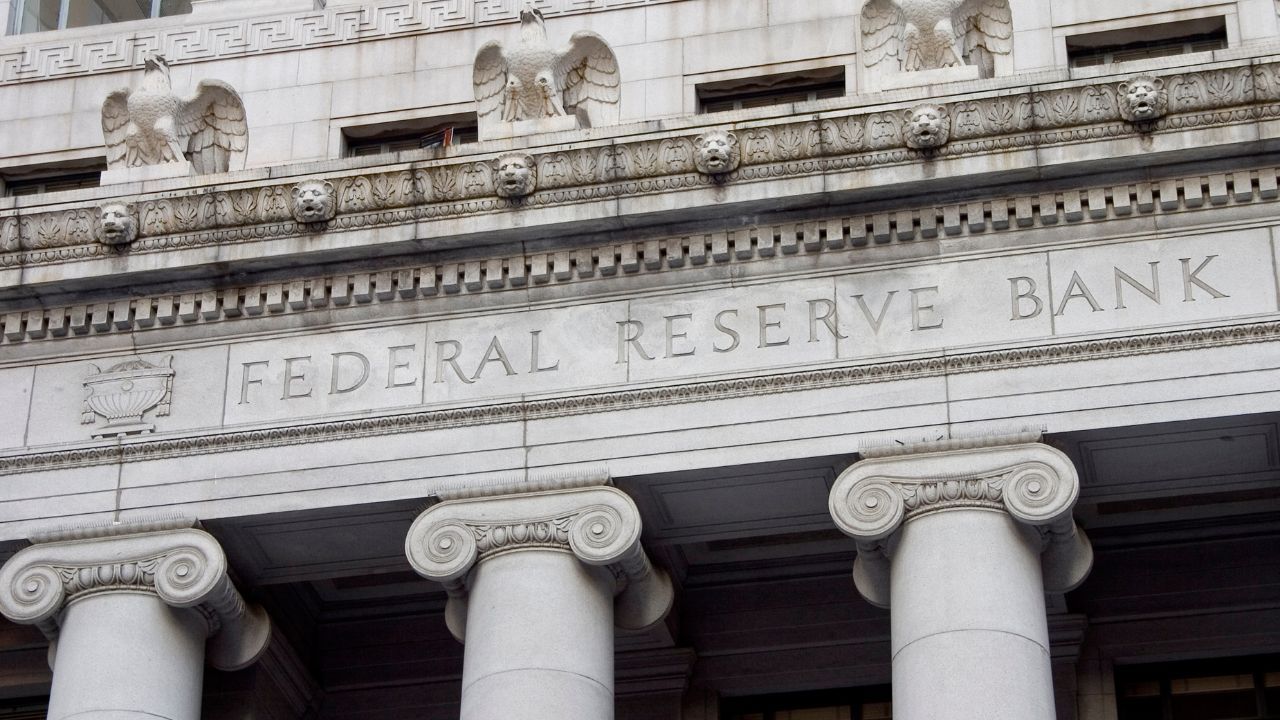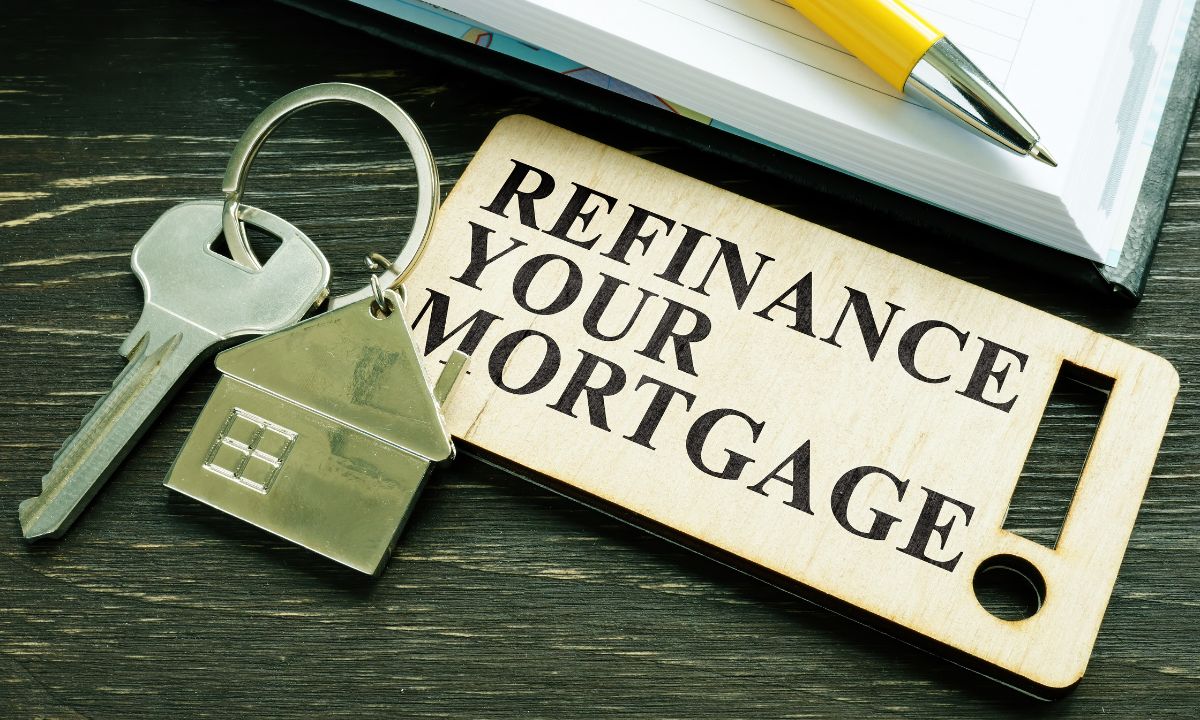Understanding the Role of the Federal Reserve in Mortgage Rates
 When you’re thinking about buying a home, you may hear a lot about mortgage rates going up or down. But have you ever wondered what causes these changes? One of the biggest influences on mortgage rates is the Federal Reserve, often called “the Fed.” While the Fed doesn’t set mortgage rates directly, its policies play a major role in how much you’ll pay for your home loan. Let’s break it down in simple terms:
When you’re thinking about buying a home, you may hear a lot about mortgage rates going up or down. But have you ever wondered what causes these changes? One of the biggest influences on mortgage rates is the Federal Reserve, often called “the Fed.” While the Fed doesn’t set mortgage rates directly, its policies play a major role in how much you’ll pay for your home loan. Let’s break it down in simple terms:
What is the Federal Reserve?
The Federal Reserve is the central bank of the United States. Its main job is to keep the economy stable by managing inflation, employment, and interest rates. Think of the Fed as the “guardian” of the economy, adjusting financial policies to keep things running smoothly.
How the Fed Influences Mortgage Rates
The Fed doesn’t set mortgage rates directly. Instead, it controls something called the federal funds rate, which is the interest rate banks charge each other to borrow money overnight. Changes in this rate have a ripple effect on other interest rates, including those for mortgages.
Here’s how it works:
- When the Fed raises rates – Borrowing money becomes more expensive for banks, and they pass that cost onto consumers in the form of higher mortgage rates.
- When the Fed lowers rates – Borrowing becomes cheaper, and mortgage rates often decrease, making it more affordable to buy a home.
Why Does the Fed Raise or Lower Rates?
The Fed adjusts rates based on the overall health of the economy.
- If inflation is high – The Fed raises interest rates to slow down spending and borrowing. This helps bring inflation under control but can make mortgage rates higher.
- If the economy is struggling – The Fed lowers rates to encourage borrowing and spending, which can lead to lower mortgage rates and make homeownership more affordable.
How Fed Decisions Affect Homebuyers
Since mortgage rates influence your monthly payments, even a small increase can mean paying thousands more over the life of your loan. Let’s look at an example:
- A $300,000 loan at 3% interest – Monthly payment: approximately $1,265
- A $300,000 loan at 6% interest – Monthly payment: approximately $1,798
That’s a significant difference. Keeping an eye on Fed rate changes can help you decide when to lock in a mortgage rate.
Tips for Homebuyers in a Changing Rate Environment
- Get Pre-Approved Early – Locking in a rate when they’re low can save you money.
- Consider Adjustable-Rate Mortgages (ARMs) – If rates are high, an ARM might offer lower initial payments.
- Work on Your Credit Score – The better your credit, the better the rate you’ll qualify for.
- Talk to a Mortgage Professional – An expert can help you navigate the market and choose the best loan for your situation.
While the Federal Reserve doesn’t directly control mortgage rates, its decisions have a significant impact on the housing market. Understanding how the Fed influences interest rates can help you make informed decisions when buying or refinancing a home.
 When you’re looking to purchase a home or refinance an existing mortgage, understanding how mortgage rates are determined is key to navigating your financial journey. These rates are influenced by a combination of personal financial factors and broader economic conditions, which work together to impact how much you’ll pay over the life of your loan.
When you’re looking to purchase a home or refinance an existing mortgage, understanding how mortgage rates are determined is key to navigating your financial journey. These rates are influenced by a combination of personal financial factors and broader economic conditions, which work together to impact how much you’ll pay over the life of your loan. As the year comes to a close, it’s the perfect time to consider refinancing your mortgage. Whether you’ve been thinking about lowering your monthly payment, securing a better interest rate, or tapping into your home’s equity, refinancing can offer many benefits. However, the timing can make all the difference. Here’s why refinancing before the year ends might be a great option for you.
As the year comes to a close, it’s the perfect time to consider refinancing your mortgage. Whether you’ve been thinking about lowering your monthly payment, securing a better interest rate, or tapping into your home’s equity, refinancing can offer many benefits. However, the timing can make all the difference. Here’s why refinancing before the year ends might be a great option for you.